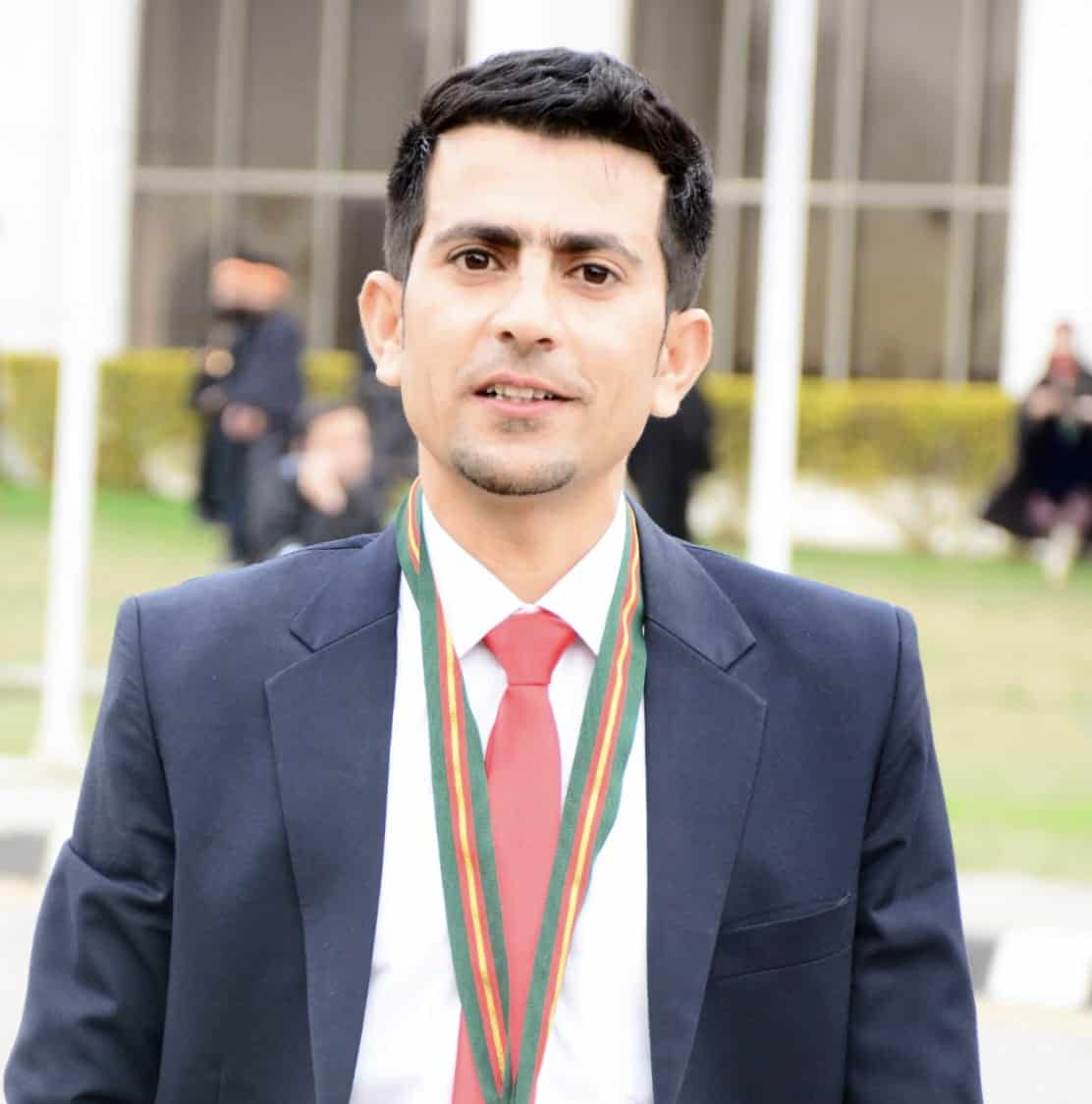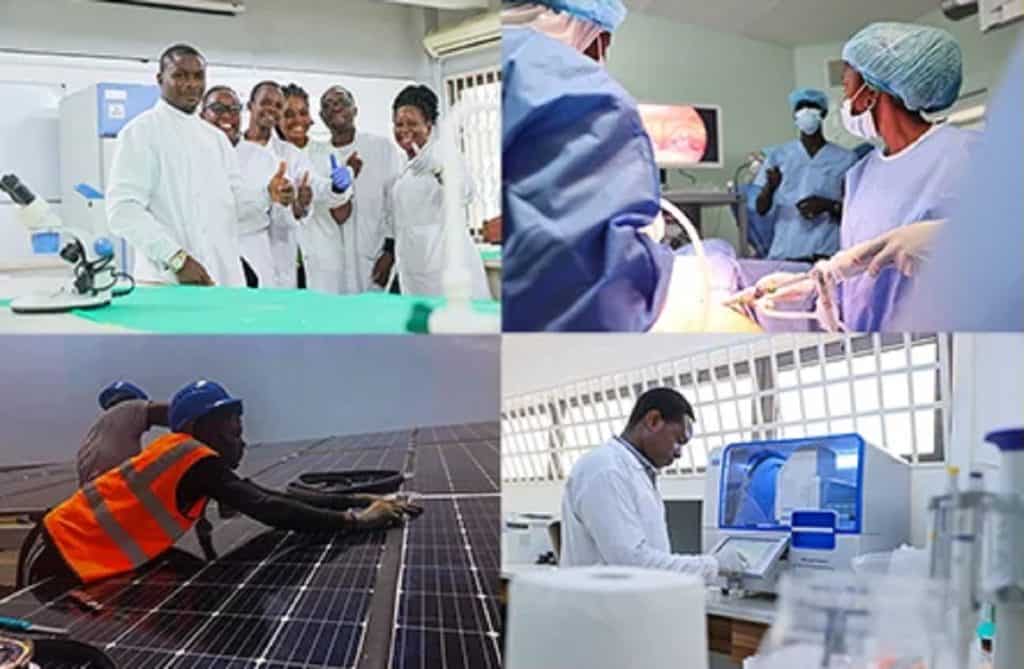By Muneeb-Ur-Rahman
Africa is often projected as an under-developed continent with gross human rights violations. The common men perceive Africa as a faraway continent with wild animals, safaris and forests convulsed with famine, wars and natural disasters. Some even recognize Africa as a single country. The media in general mostly gives a negative projection to this continent.

So, people grow up having a distorted and one-sided view of Africa across the globe. This one-sided view creates stereotypes and mis-perceptions about Africa. This largely ignores the history of Africa itself and its heroes worth noting over centuries. These stereotypes are far away from the objective reality and continent’s contribution to the globe.
High unemployment rate, high illiteracy rate, poor health conditions, and regional conflicts are some of the main issues of the continent. But these are all the obvious challenges which most of the developing and even some developed countries are facing across the globe. All these problems are not the ideal identity of the African continent. The world’s second biggest continent of 1.22 billion diverse population and 30.4 million sq km area is highly rich in minerals like diamonds, bauxite and cobalt. It is considered as a home for extractive industries of the world. The labor source is also one of the cheapest in the world. That makes the continent a preferred choice for the mining industry. Statistics indicate that the cost of living in this continent is the lowest in the world. This continent of 54 countries has a lot to offer to the world including truly staggering music, poetry, art and a diverse culture. It has a great biodiversity with a wide variety of rare animals on the planet. This also makes the continent a great destination for tourism.
South Africa alone has produced 9 Nobel laureates. The continent has produced a notable number of figures who are considered as shared heroes of the developing world. Some of them include Nelson Mandela, Julius Nyerere, Jomo Kenyatta, Omar Mukhtar, Joe Slovo, Bram Fisher, Desmond Tutu, Walter Sisulu, Kwameh Nkrumah, Aime’ Cesaire, Leopold Senghor, Chris Hani, Mahdi-al-Sudani, Houari Boumeddiene, Gamal Abdel Nasser and Ahmed-ben-Bella. Who can forget Dr. Wangari Maathai? His green belt movement received the Nobel prize for environment. The list goes on with Wole Soyinka of Nigeria, J M Coetzee and Nadine Gordimer.
At the same time many African countries like Ghana, Rwanda, Senegal and Ethiopia irrespective of their size in the last decade have shown impressive records in their growth which is evidence that they are strong players on the global stage. Another Evidence of misconception is that in 2010, a higher percentage of people died in the United States from malignant Cancer than that of people who died in the entire continent of Africa due to AIDS. Then, one wonders, why is only Africa projected so negatively? One of the reasons is the lack of global awareness about the African continent. Although the continent at present exhibits a normal domain for political, social and economic processes for political scientists, sociologists and economists but due to its colonized roots its previous literature is exclusively composed of the “white” people of the colonial powers. However, now it is transformed by an amazing configuration of scholars from different geographical and ideological groups including native African scholars. The question here arises, who should interpret Africa and how it should be interpreted? The primary responsibility lies on African scholars to project the true face of Africa with their first-hand knowledge.
An effective African Union on the global stage is not only crucial for Africa, but also important for the developing world to promote cooperation and enhance understanding on common challenges. The first step could be financing the activities of African Union programs by Africa itself. This will serve to protect the real interests of Africa and sense of ownership will increase instead of serving the interests of donor states. On the other hand, the African countries at the moment also need to make alliances at the global stage, especially with the developing and non-traditional players of the world.
Pakistan has long standing relations with some of the African countries since their independence and has supported them both materially and morally. As a developing country, Pakistan has so much in common with Africa, but it needs to broaden its ties further with Africa. Africa being called as the “Continent of Future” has endless opportunities both politically and economically for the world including Pakistan. The First step in this regard could be introducing and encouraging Afro-Asian studies in training and educational institutions of Pakistan. The research and scholarly work understanding Africa and the future opportunities in different fields need to be encouraged and promoted. To conclude, one may argue that, although the negative perception of Africa has become its identity, in reality, the continent is much more than these stereotypes and people should give a chance to research-centric facts while exploring Africa.
Author: Muneeb-Ur-Rahman – Research Officer at Balochistan Think Tank Network (BTTN) Airport Road, Baleli, Quetta –Pakistan.
(The views expressed in this article belong only to the authors and do not necessarily reflect the views of World Geostrategic Insights).
Image credit: World Bank







